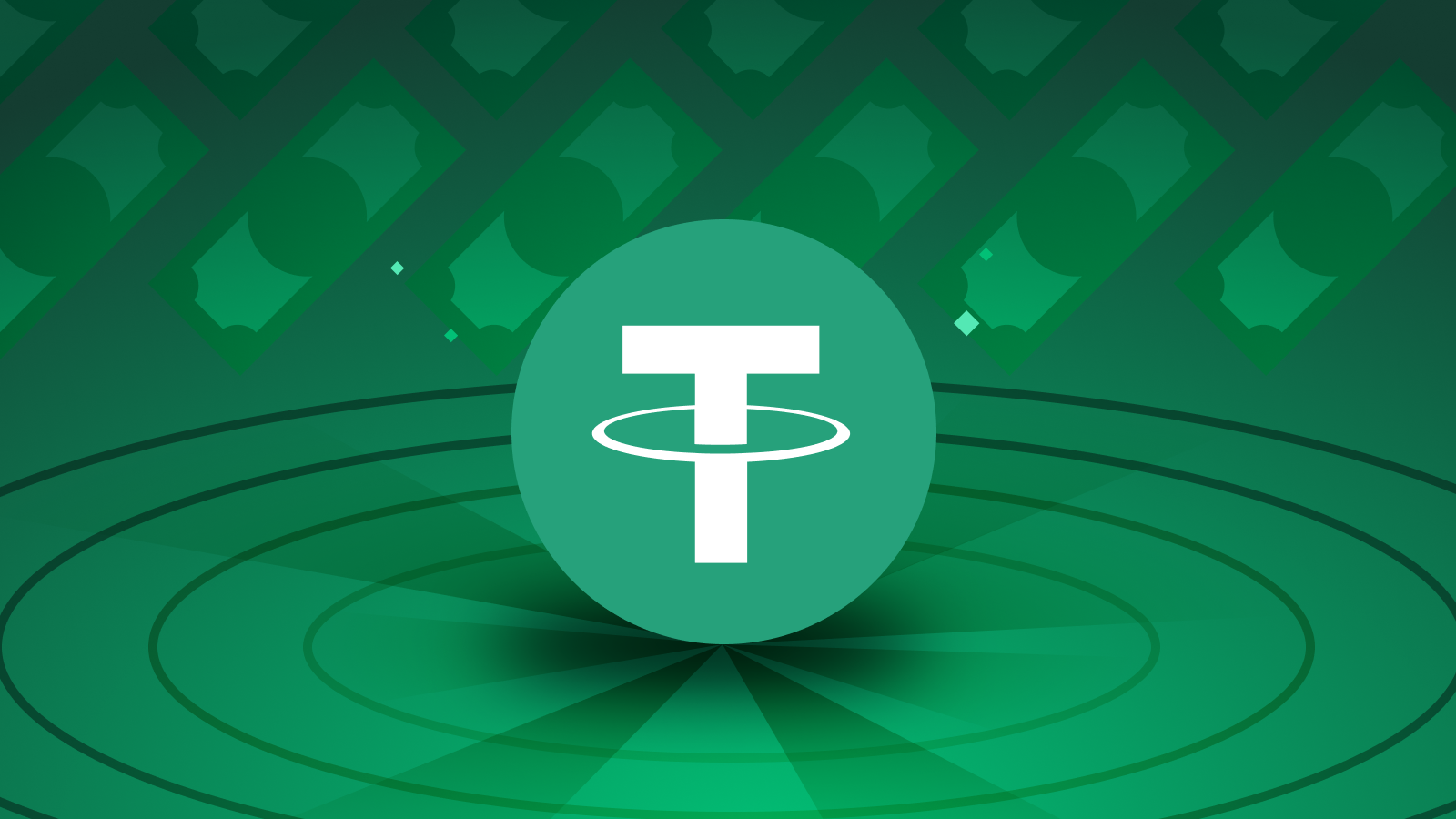Stablecoin giant Tether is back in the spotlight after blacklisting six wallets – five on Ethereum and one on Tron – sparking both concerns and questions about its approach to combating illicit activity. While some applaud the proactive stance, others express worry about the implications for decentralization in the crypto space.
Questionable Ethereum Addresses and a Mysterious Tron Transaction:
According to blockchain intelligence firm ChainArgos, some of the Ethereum addresses on the blacklist show activity linked to the Finiko pyramid scheme, a $95 million scam targeting Russian investors. However, no clear evidence of wrongdoing exists for the remaining Ethereum addresses or the lone Tron address, which only received a single $7,000 USDT transfer from Bitfinex.
A History of Blacklisting:
This isn’t Tether’s first foray into address blacklisting. Since a 2017 security breach, the company has frozen over 960 Ethereum addresses suspected of involvement in illegal activities. Notably, in October 2023, Tether froze 32 accounts worth $874 million linked to illicit activity in Israel and Ukraine, collaborating with authorities in both countries.
Concerns and Backlash:
While Tether’s efforts to fight crime are commendable, some within the crypto community raise concerns about potential overreach and centralization. In April 2023, Tether faced significant backlash for blacklisting an address associated with MEV bots that drained $25 million. Critics argued this set a dangerous precedent, allowing Tether to wield undue control over the network.
Moving Forward:
Tether’s latest blacklisting highlights the ever-present tension between combating crime and preserving decentralization in the crypto space. Transparency and clear criteria for blacklisting addresses are crucial to maintain trust and avoid accusations of arbitrary control. Open communication and collaboration with the broader crypto community can help strike a balance between safety and freedom, ensuring Tether’s efforts to combat illicit activity remain within acceptable bounds.



